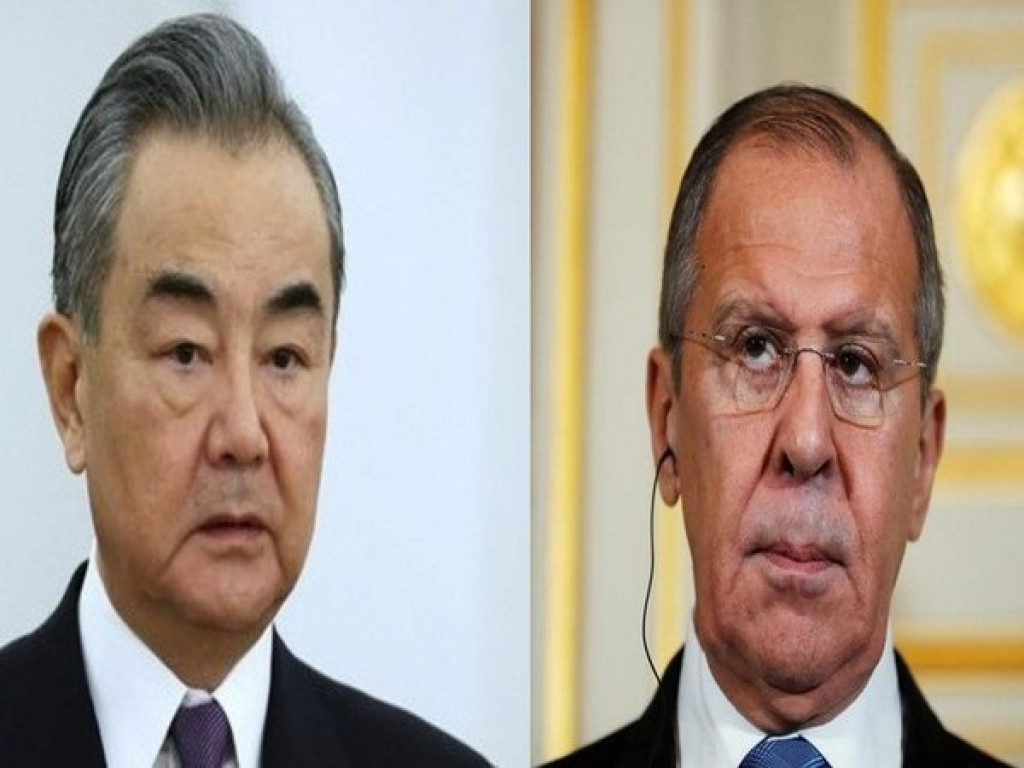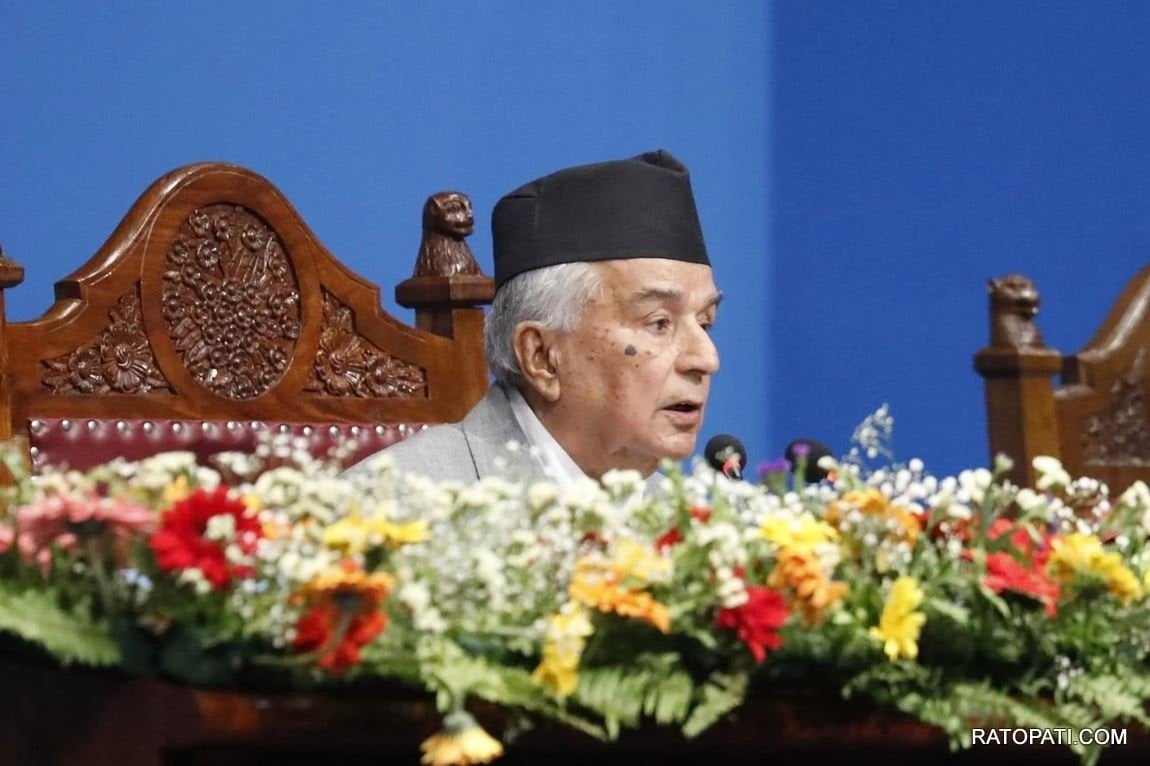
APRIL 15: President Putin has said that Moscow will "redirect" its energy exports to "rapidly growing markets" elsewhere.
China has sought to remain neutral on the conflict, calling for a peaceful solution. But it has yet to condemn the Russian invasion and has criticised western sanctions.
China's trade with Russia has been growing
Bilateral trade with Russia surged in the first quarter of the year, rising by 28% from the previous year, according to Chinese customs data.
In March, after Russia launched its invasion, overall trade between the two countries rose over 12% from a year earlier.
China accounted for around 18% of Russia's overall trade in 2021 - almost $147bn (£110bn) last year .
During President Putin's visit to Beijing in February for the Winter Olympics, the two countries said they would boost trade to $250bn by 2024.
However, as a bloc, the EU remains by far the biggest overall trading partner with Russia. In 2021, total trade between the two was worth almost twice as much as China's trade with Russia.
That could now be changing.
"It is inevitable that EU-Russia trade diminishes in the light of sanctions," says trade economist Dr Rebecca Harding. "The current crisis has just sharpened a focus within the EU on the need to diversify supply".
Could China buy more Russian energy?
China is one of the biggest markets for Russian oil, gas and coal.
Just a week before the Ukraine invasion, the two countries agreed on a new Russian coal deal worth more than $20bn.
Mr Putin also unveiled new Russian oil and gas deals with China worth an estimated $117.5bn.
The two countries aim to build a new gas pipeline (the Power of Siberia 2). The existing one began operation in 2019, under a 30-year contract worth more than $400bn.
However, Russia's biggest energy market by far has been the EU, and it supplies 40% of the bloc's gas and about 26% of its oil.
"Russian exports of oil and gas [to China] have been increasing at a rate of over 9% annually for the last five years". says Dr Harding. "This is rapid growth but even so, China is half as big as the EU market for Russian oil."
The EU is reducing its reliance on Russian energy by cutting its gas imports by two-thirds in the wake of the Ukraine war.
Germany, Russia's main export destination for natural gas, has announced that it would suspend the new Nord Stream 2 gas pipeline.
Supplies via a new pipeline agreed between Russia and China would have only a fifth of the capacity of the Nord Stream 2 pipeline, according to one analysis.
Also, it's not clear when the new gas pipeline from Siberia will come on stream.
Over the longer term, China may want to boost imports of Russian gas to try to reduce its dependence on coal in order to meet targets for cutting greenhouse gases.
But data shows that China's crude imports from Russia dropped 9% in the first two months of 2022. Its state-owned refiners are also reported to be cautious and not currently signing new Russian oil contracts.
Could China support Russia militarily?
Moscow has asked China for military equipment in support of its invasion of Ukraine, according to US official quoted in media reports.
China says this is untrue and has called the reports "disinformation".
In recent years, most of the movement in arms has been the other way.
China has relied heavily on Russian military hardware to modernise its armed forces, made increasingly necessary by the imposition of US and European arms embargoes in the wake of the 1989 Tiananmen Square crackdown.
About 80% of China's total arms imports were from Russia between 2017 and 2021, according to Stockholm International Peace Research Institute (SIPRI).
These Chinese purchases make up 21% of Russia's total arms exports - its second largest global customer.
But China has been gradually expanding its own military production capabilities.
It's now the world's fourth largest arms exporter.
"China's weapons are getting more advanced now. Its drones, for example, are one area that Russia would be very interested in," says Siemon Wezeman at SIPRI.
But, he says, "so far we haven't seen any evidence" that Russia has bought Chinese drones.
Could China help Russia financially?
Some Russian banks have been banned from the Swift international payment system.
This has forced companies in China, as elsewhere, to cut back purchases from Russia as traders struggle to arrange financing.
Both China and Russia have encouraged moves towards alternative payment methods in recent years.
Russia has its System for Transfer of Financial Messages (STFM) while China has the Cross-Border Interbank Payment System (CIPS), both of which operate in their own currencies.
But Swift has continued to dominate the financial transactions in the global trading network.
Currently only about 17% of trade between Russia and China uses the Chinese yuan (up from 3.1% in 2014), according to media reports citing official Russian statistics.
Energy trading between the two countries is still mostly done in US dollars. But report suggests that several Chinese firms used yuan to purchase Russian coal and oil in March.
Could China expand food trade with Russia?
China is a major importers of grains such as wheat and barley and one of its most important sources is Russia - one of the world's largest producers.
Until very recently, China had placed restrictions on the importing of wheat and barley from Russia because of disease concerns. But these were all lifted on the day the Russian assault on Ukraine began.
With inputs from BBC
_17087811271708817780_1024.jpg)




1654138299_1200.jpeg)

